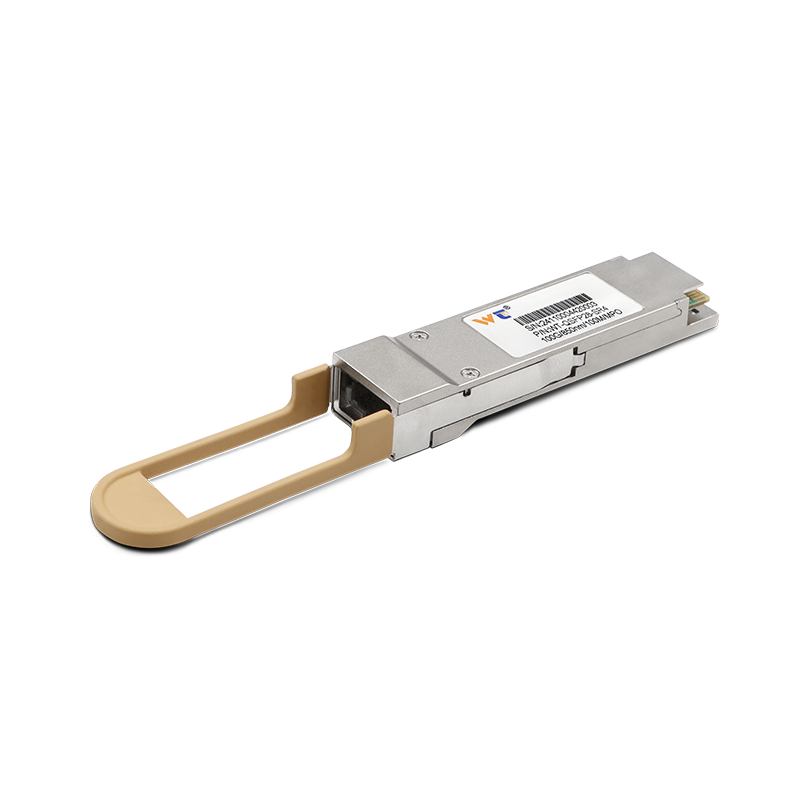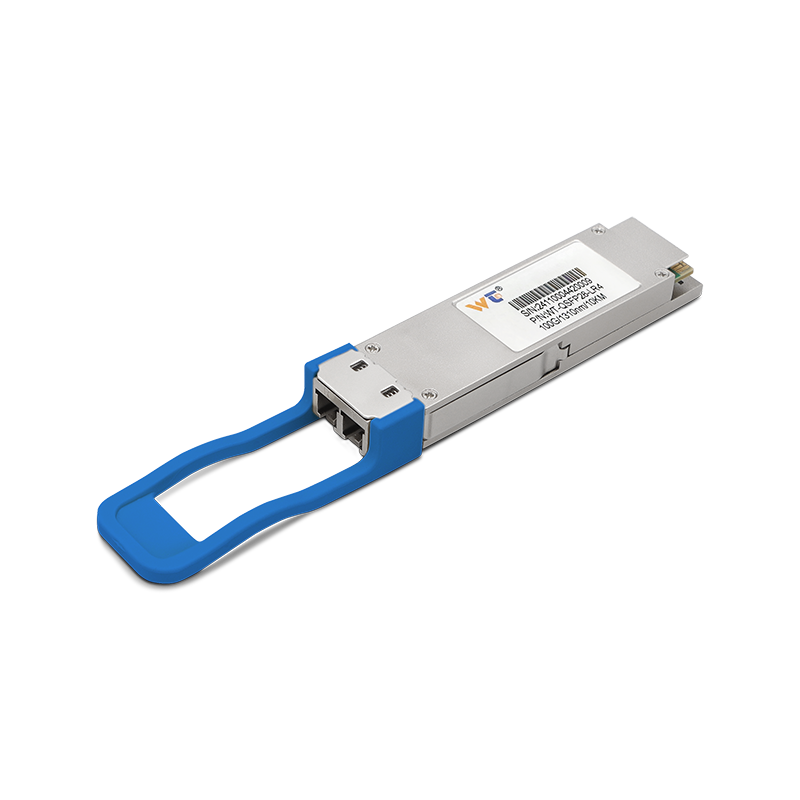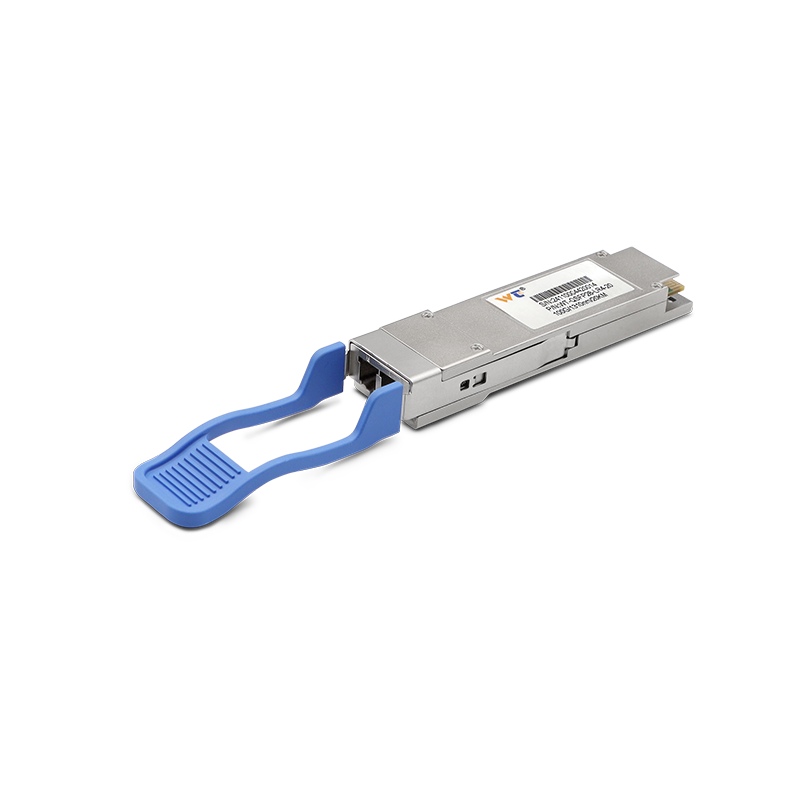As I sit here, eager to share my thoughts, I can’t help but feel a surge of excitement about diving into a handpicked list of 12 must-read books for aspiring network engineers. These aren’t just random suggestions; they’re like guided beacons in a vast ocean of networking intricacies, curated by seasoned experts in Information Engineering who know a thing or two about the field. Each title offers not only a wealth of knowledge but also practical insights essential for navigating the ever-changing landscape of networking. Whether you're just starting or have some experience under your belt, these books can truly equip you for success in your career.
Why Recommended Books Matter
Let’s be real for a moment. When you start exploring the world of networking, it feels like drowning in a sea of information. What makes these 12 books particularly special is their emphasis on real-world applications and keeping pace with the latest technologies, thus prepping engineers for actual challenges they’ll face on the job. Think of each book as a toolbox. From foundational principles to cutting-edge practices, this compilation spans a wide array of essential topics that will undoubtedly bolster your professional prowess.
Reading these selected works is not just a good idea; it’s a strategic step for anyone serious about mastering network engineering. They delve into key areas like network design, management, security, and emerging protocols. By engaging with these texts, you’ll not only deepen your understanding of how networks are constructed and operate but also gain the skills necessary for effective troubleshooting. Plus, the practical examples and real-life case studies included serve as a bridge connecting theory to hands-on application, making your learning journey both enriching and applicable.
Key Concepts Everyone Should Know
Let’s break this down to some of the fundamental concepts central to networking—because, honestly, you can't be in this field without knowing a few terms:
- TCP/IP (Transmission Control Protocol/Internet Protocol) forms the bedrock of how devices communicate over the internet.
- Subnetting helps you chop networks into manageable segments, which can seriously boost both security and performance.
- BGP (Border Gateway Protocol) and OSPF (Open Shortest Path First)—these are your go-to routing protocols for keeping data traffic flowing efficiently.
- VLANs (Virtual Local Area Networks) add a layer of flexibility by virtually segmenting networks for easier management and improved security.
- And let’s not forget about Firewalls and intrusion detection systems—your guardians against the ever-looming threats of cyber attacks.
Getting a handle on these terms can massively amp up your ability to communicate effectively and can set you on the path to becoming a stellar network engineer in your own right.
How to Make the Most of These Resources
So, how should you tackle this? Here are a few tips that could really help:
- Identify What You Need to Learn: Reflect on your current level of understanding and pinpoint the books that’ll fill in your gaps.
- Create a Reading Plan: Carve out regular times to dive into each book—constancy is key!
- Jot Down Notes: Highlight everything that stands out to you; write down your thoughts to help solidify what you learn.
- Try Out Practical Exercises: Apply what you’re reading to real-world problems or create labs where you can experiment.
- Get Involved with Study Groups: Discussing with peers can create richer insights and speed up your learning.
- Join Networking Communities: Sharing stories and experiences can deepen your understanding and show you new perspectives.
- Keep Revisiting Content: Don’t shy away from re-reading important sections as you gain practical experience.
Thinking about Advancing Your Network Engineering Knowledge?
Seriously, if enhancing your skills is on your radar, you should absolutely consider diving into these books. They’ll not only sharpen your fundamental abilities but also get you ready for the latest trends and technologies entering the field.
What does it mean to master these concepts long term?
Building a robust grasp of network engineering principles can skyrocket your professional journey and enhance the value you bring to your organization.
With emerging technologies like 5G, the Internet of Things (IoT), and cloud computing shaking things up, being well-versed will definitely give you a competitive edge. What will your next steps be in this learning adventure?
Engaging with these resources isn't just another task; it's a proactive investment in your future. If you take that leap to learn and apply the gems found in these texts, you'll undoubtedly elevate your skills and ensure you stay relevant in a fast-paced industry.
To wrap it up, the road to becoming a skilled network engineer is all about marrying theory with real-world applications. The 12 must-read books suggested by these dual IE experts are essential companions on this journey, blending academic insights with practical techniques relevant across various networking scenarios. By thoroughly exploring these works, you'll deepen your grasp of network structure, security protocols, and design principles. Your skill set will expand, empowering you to navigate, influence, and contribute to the ever-evolving realm of network engineering. Seize this chance for growth; the expertise you cultivate will be the foundation for the future you wish to shape in this exciting field.






